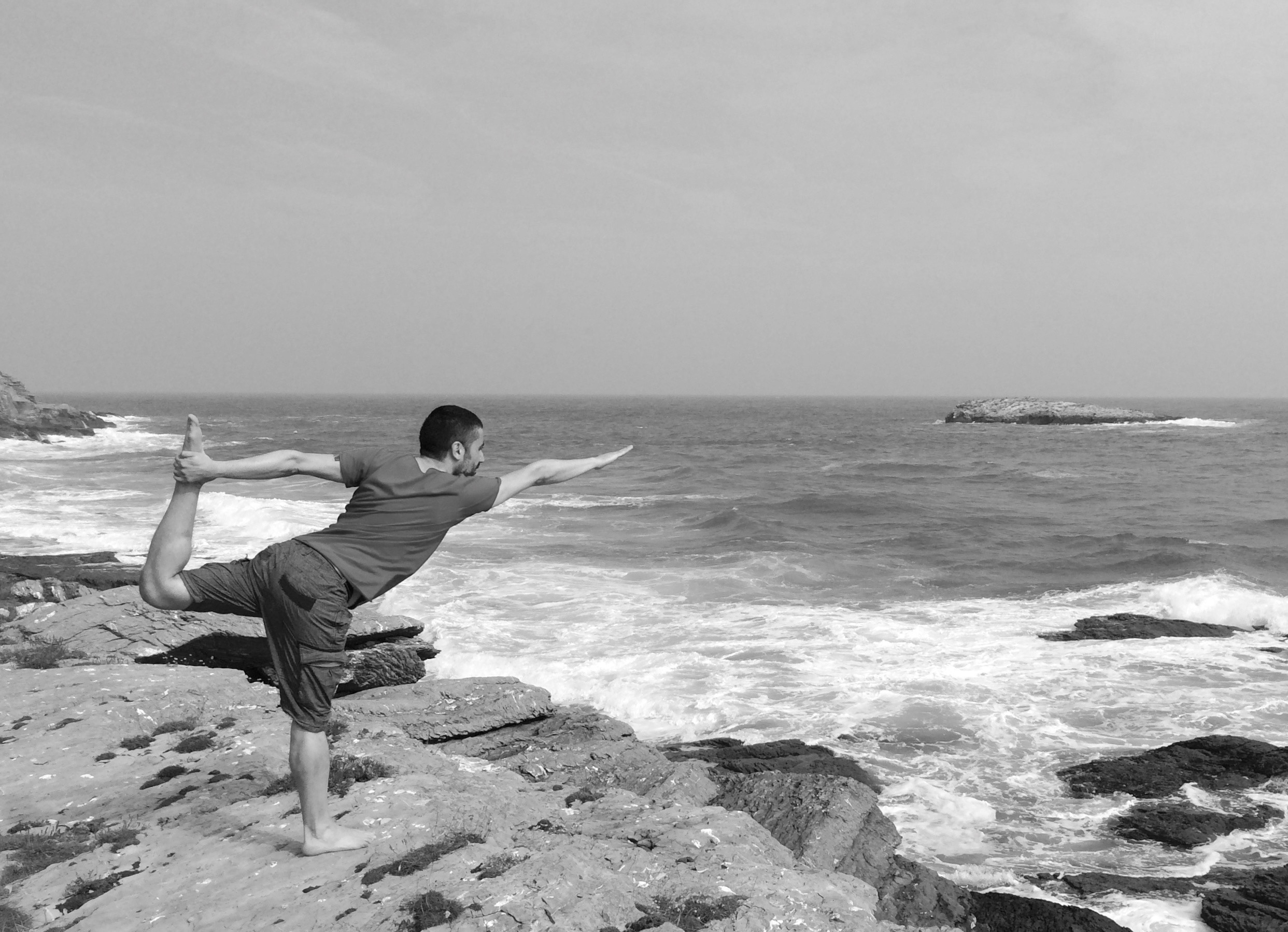
~
Yoga has gained a great deal of popularity over the past two decades–and popularity generates demand. As a result, we now live in a world that is almost overpopulated with yoga teachers.
People can be wary of individuals who travel to India, or pretty much anywhere in the world, attend an intensive four-week-long training course, and come back as qualified (glorified!) yogis. Perhaps rightly so, considering that on the teacher training course I attended there was a fellow trainee who couldn’t do Shoulderstand! Some of the teachers-in-training had only been practising for several months; most of the others for two or three years.
However, when questions arise about the quality of the yoga teacher training system, the parallel with the medical profession comes to mind: Is it the training received at university that makes a good doctor or nurse? Or is it one’s aptitude and genuine desire to help others?
Over the years, I have attended countless yoga classes–and having taught quite a few myself, I can’t help but wonder: what makes a good yoga teacher? Is it flexibility? Strength? Stamina? Does it matter if you can do Headstand or Handstand?
Is it necessary to know the Sanskrit names of all the postures? Ultimately, I believe it’s more about being a good teacher than about being able to stand on your head—although the latter helps. While some of the best yoga teachers I’ve had happened to have impressive physical skills, others were ordinary humans, like myself, with rather limited strength and flexibility.
I love teaching yoga because I know how transformative the practice can be. I started practising regularly just before hitting 30, initially in order to correct a bad posture caused by many years of piano practice, as well as computer work, but I soon noticed how I benefited from the practice mentally and emotionally as much as I did on a physical level.
In classes, energy and presence are important factors: teachers need to be focused and grounded. A good tone of voice will be soothing and at the same time motivating. You want your students to relax, but also to feel stretched out by the end of the class. This can be a tricky balancing act. I have attended classes where the tone was harsh, almost military, and others where it was artificially calm. In both cases, the effect was a feeling of irritation!
Perhaps the most delicate balance to be struck in order to deliver a good yoga class is the one between the physical and mental aspects of the discipline. Yoga was designed as a preparation for meditation, as the physical branch of yoga (asana) seems to be the best training for a spiritual and personal development path. A good yoga teacher will therefore not reduce the practice to mere physical exercise but will aim to incorporate some mindfulness: the most basic and probably most useful of the spiritual principles; which is, in fact, inherent in yoga.
The pace of the class is also key. Regardless of the style–from slow yin to restorative to more dynamic flow–one must allow for space between postures and not be scared of silence. Allowing for some playfulness is also important. Above all, a good yoga teacher will be capable of adapting the practice to suit different degrees of physical fitness, making all the students feel at ease; unjudged.
About the author: Nico is an integrative coach based in London. nicodenapoli.com
Author: Nico DN
Image: Flickr/The Cosmopolitan of Las Vegas
Editor: Travis May






Read 0 comments and reply